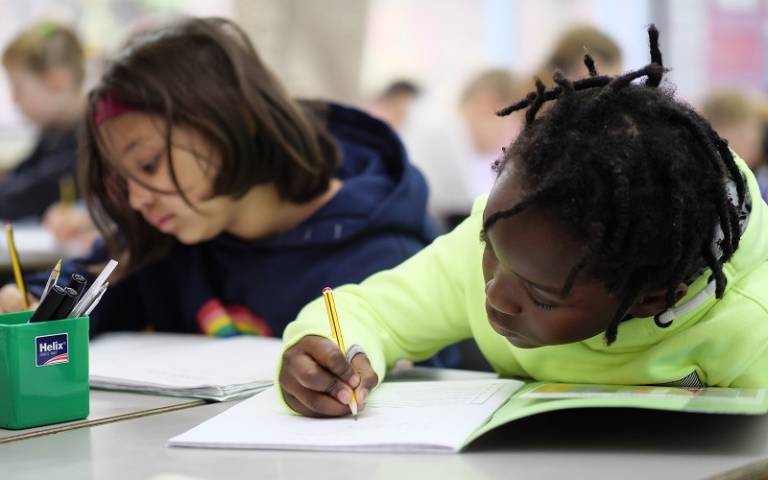Signs, reasons, emotions: A Vygotskian perspective
08 February 2023, 5:30 pm–7:15 pm

Join this event to hear Kyrill Potapov explore the dominant view in affective computing that emotions are innate internal states with distinct physiological markers.
This event is free.
Event Information
Open to
- All
Availability
- Yes
Cost
- Free
Organiser
-
Yuxin Su
Location
-
Room C3.15UCL IOE20 Bedford WayLondonWC1H 0AL
This dominant view that emotions are innate internal estates discounts the development and meaning of emotions. Following Lev Vygotsky, Kyrill will propose an alternative framework.
Emotions cannot be reduced to individual physiology because they extend beyond the individual and are structured by social practice. Emotions allow us to orient our environment, but human environments have affordances constituted through learning, play, and everyday interaction. Objects can embody our motives and practices as signs. Signs can interrupt the closure our sensorimotor functions form with the environment, restructuring the whole dynamic system.
This event will be particularly useful for philosophers of education and educators.
PESGB seminar series
This event is part of the Philosophy of Education Society of Great Britain (PESGB) seminar series. PESGB is a learned society that promotes the study, teaching and application of philosophy of education. Its London Branch hosts seminars every Wednesday in conjunction with the Centre for Philosophy of Education. These seminars are led by national and international scholars in the field, covering a wide range of issues of educational and philosophical concern.
All are welcome to attend.
Related links
About the Speaker
Kyrill Potapov
PhD student in Human-Computer Interaction at the UCL Interaction Centre
His thesis focuses on how teens interpret data they collect about their own lives. He is also a research associate on two projects: the first, exploring how video games influence teens’ emotions; the second, exploring a technology which uses music to support the movement of people with chronic pain.
 Close
Close

